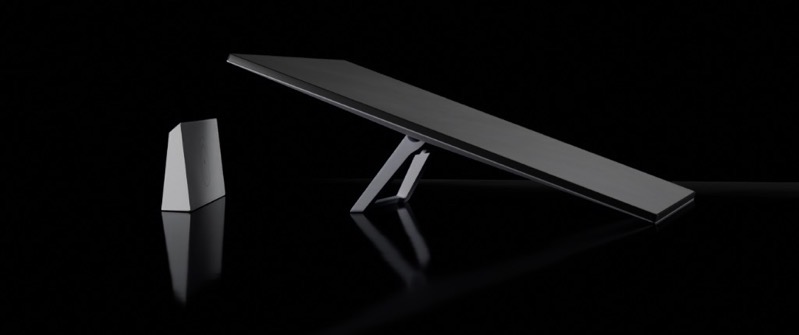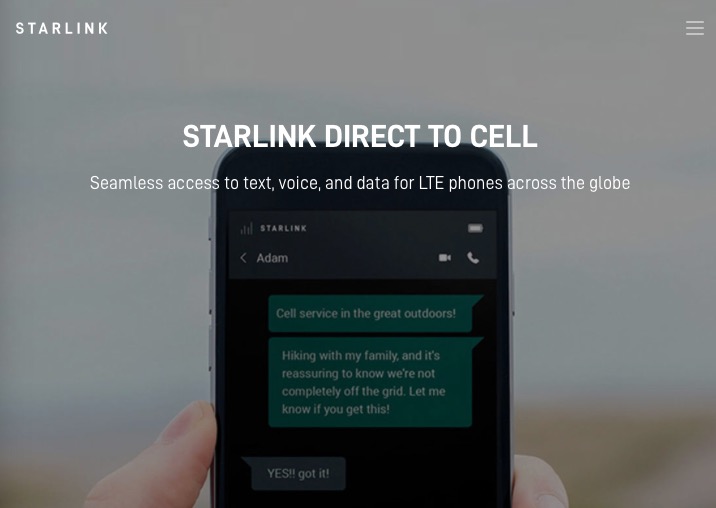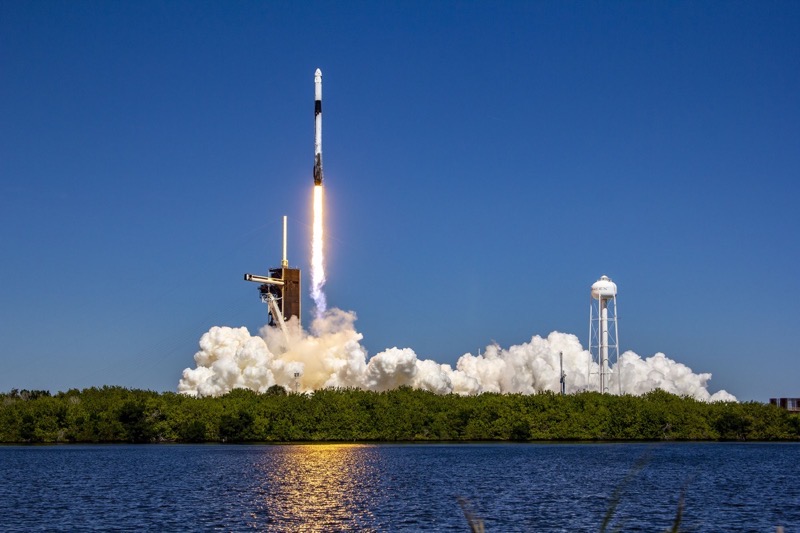
FCC Lets SpaceX Test Starlink Cellphone Service
The Federal Communications Commission (FCC) has authorized SpaceX to commence experimental testing of its Starlink cellular system, designed to transmit data directly to smartphones.
This temporary authorization, issued on Thursday, allows SpaceX to conduct tests over a six-month period, ending June 14, in more than two dozen locations across the United States, reports PCMag.
SpaceX’s testing will focus on connecting unmodified T-Mobile phones using satellite connectivity. This development follows a week after the FCC’s initial partial approval, which permitted SpaceX to deploy satellites equipped for cellular connectivity. However, the initial approval restricted SpaceX to only brief antenna functionality tests.
The new authorization significantly expands SpaceX’s testing capabilities. It enables the company to fulfill the primary objective of the Starlink cellular system: delivering data to standard smartphones on Earth. This will be achieved using T-Mobile’s spectrum over specific radio bands.
SpaceX plans to utilize 840 satellites, functioning as orbiting cell towers, to provide connectivity to approximately 2,000 test devices. The company initially proposed testing in 13 locations but expanded this to include 12 additional radioastronomy sites. Key test sites include Mountain View, California; Kansas City, Kansas; Redmond, Washington; and Dallas, Texas.
This testing phase is crucial for assessing potential radio interference risks posed by the Starlink system in the United States. Concerns have been raised by various companies, including AT&T, Dish Network, and Globalstar, about potential disruptions to their services. In response, SpaceX has argued that the system will benefit US consumers without causing radio signal hazards.
The FCC’s authorization includes a provision for immediate cessation of operations if harmful interference occurs. SpaceX must also promptly report any such incidents to the Commission.
Looking ahead, SpaceX aims to launch the Starlink cellular system for T-Mobile and other partners in the coming year, with initial tests focusing on messaging services. Full voice and data capabilities are expected to be available by 2025.


